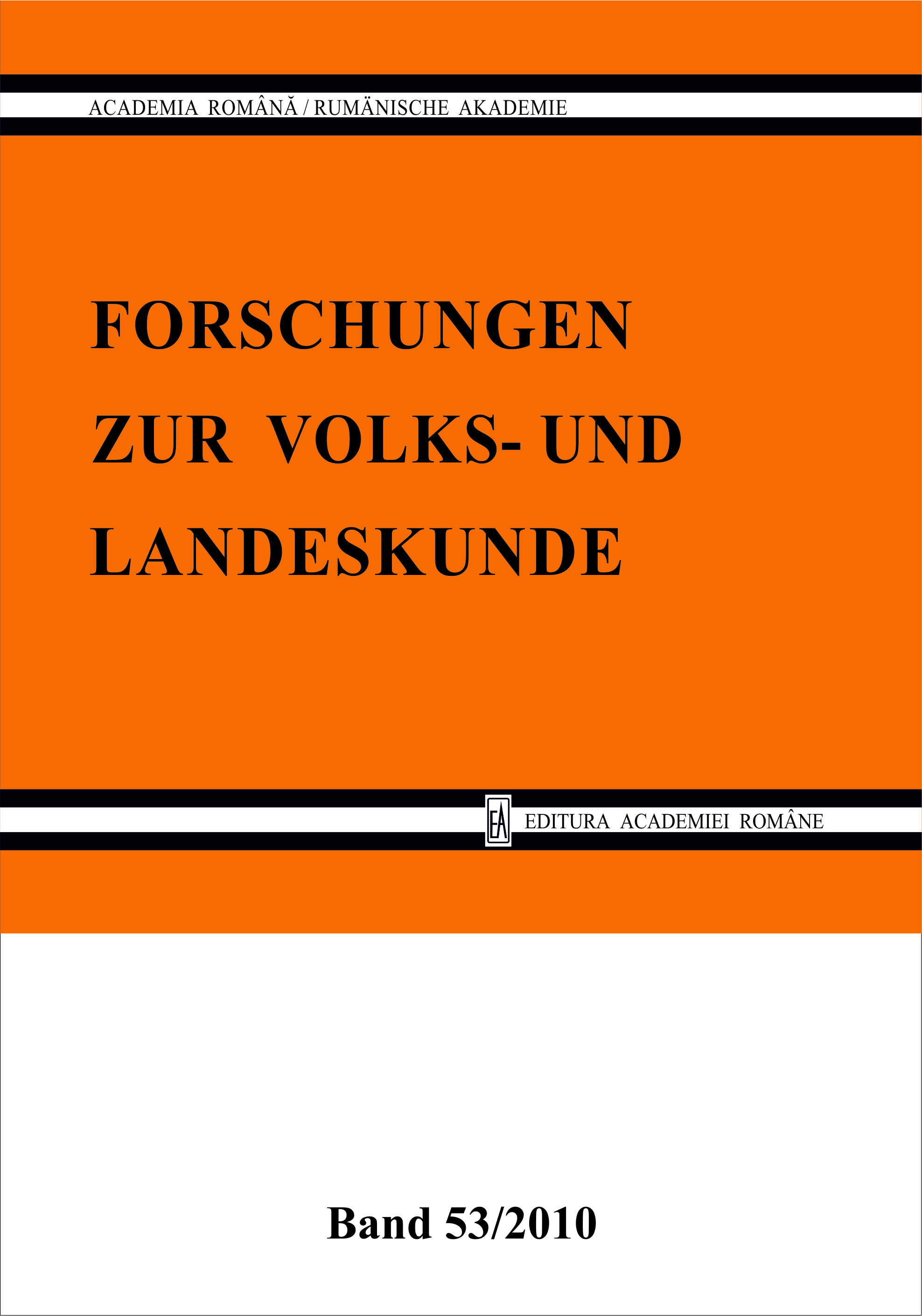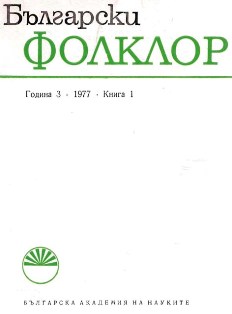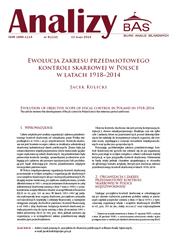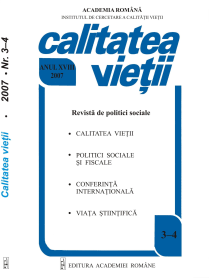
Preliminary Considerations Regarding the Anthropomorphic Vinča Figurine of Venus Discovered in the Archaeological Site Limba-Oarda de Jos (Alba County
Zur anthropomorphen Venus-Statuette der Vinca-Kultur von Limba-Oarda de Jos (Kreis Alba)
Keywords: Archaeology; Neolithic Age; anthropomorphic figurine; Vinča-Culture; Venus
The present paper is a preliminary study regarding an early Vinča anthropomorphic figurine discovered in site of Limba-Oarda de Jos during the archaeological campaign from 1997. The description of the type, the manufacturing technologies, the specific anatomical features, the specific characteristics are presented by the author. Finally, are advanced, generically, some assumptions most frequent disseminated in the literature regarding the significance of these artifacts, respectively short interventions with similar findings analogies from Transylvania and Banat. Regarding the artistic aspect, we note different trends. The artist drew a particular attention to some parts. Anatomical elements are sometimes represented accurate, with an overflowing realism, while others are rendered sketchy, geometrical, leading to abstraction. In the case of Venus from Limba, we noticed a harmonious junction between Starčevo and early Vinča elements, all of them showing a balanced symbiosis, a mixture of two conceptually different patterns where Vinča elements tend to impose (by triangular mask oriented up, by flatting of top of head which form the upper edge of the mask, by the arms construction in an original manner with means of wooden rods which remained well-shaped imprinted; by the loss of the Starčevo elegant forms in the benefit of Vinča brutal forms, more massive, respectively by typical Vinča ceramic clay).
More...


